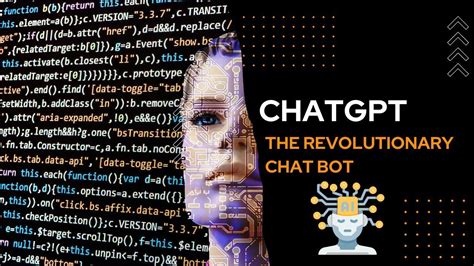The recent study uncovering that 52% of ChatGPT’s programming responses are wrong has certainly stirred up the tech community. However, beyond the headline lies a deeper narrative about the evolving landscape of programming and the role of AI tools like ChatGPT. While at first glance, a figure like 52% might be alarming, it’s essential to delve into how developers are using this technology, adapting to it, and integrating it into their workflows.
To begin with, seasoned developers often don’t turn to AI expecting miracles. As user jghn pointed out, the goal isn’t to receive 100% accurate answers, but rather to get into the general vicinity of a solution faster than they would on their own. A misplaced semicolon here or a slightly incorrect algorithm there can be quickly adjusted by an experienced developer who already knows what they’re aiming for. The key here is speed and efficiency in getting closer to a working solution, rather than precision right out of the gate.
Yet, this perspective assumes a level of proficiency that not all users possess. Commenters like parpfish raise valid concerns about beginners who might lean too heavily on these tools. For these users, the incorrect information could be more harmful than helpful, potentially leading them down a path of confusion and bad practices. However, this is where the discussion touches on a broader point about learning and development in the coding realm. As tivert mentions, depending too heavily on AI for hand-holding can stunt growth and result in learned helplessness, where the user never truly learns to think critically or problem-solve independently.
Comparisons between ChatGPT and traditional resources like Stack Overflow also highlight interesting dynamics. Stack Overflow provides a community-vetted, peer-reviewed system where answers are often commented on, voted up or down, and refined over time. This community aspect helps highlight accurate solutions and provides diverse methods for tackling problems. User humzashahid98 noted the trust built through collective feedback, contrasting it with ChatGPT’s solitary, non-reviewed responses. Herein lies a fundamental difference: ChatGPT provides a private, iterative conversation, where the onus is on the user to validate and test the responses they receive.
Despite these challenges, there’s an undeniable appeal to the conversational aspect of ChatGPT. As jemmyw iterated, the AI’s capability to engage in an ongoing dialogue can make troubleshooting and exploring solutions feel more intuitive and less intimidating than posting on public forums. This aspect especially resonates with those who may have had negative experiences on Stack Overflow, where community feedback can sometimes be harsh or unwelcoming, a point jemmyw poignantly made.
The adaptation of AI in programming also encompasses error correction and learning loops. As highlighted by jrvarela56, the iterative nature of coding—where feedback from the runtime helps refine the program—mirrors how developers can use AI. Start with a broad directive, then iteratively refine based on the output and compiler feedback, using the AI-generated code as a baseline to build upon rather than the final product. This not only accelerates development but also reinforces learning through correction and refinement.
The discussion inevitably turns to the technological progression from tools like basic autocomplete in IDEs to advanced AI models. User raghavtoshniwal offers perspective on this continuum, comparing it to the historical evolution of software development aids. ChatGPT might be an extension of these tools, bringing greater abstraction and potential for higher productivity. However, like all tools, it’s effectiveness largely depends on how it’s deployed and by whom.
Ultimately, headlines about ChatGPT’s flaws need to be taken with context. As many commenters noted, it’s not about the tool providing perfect solutions but about enhancing workflow efficiency, providing starting points, and aiding in the educational process. When harnessed correctly, AI like ChatGPT can be a powerful ally in a programmer’s toolkit, not replacing the critical thinking and problem-solving inherent to coding but augmenting those skills in meaningful ways. In the face of rapid technological changes, both educators and developers need to adapt, ensuring that they use AI tools wisely and understand their limitations while leveraging their strengths.


Leave a Reply